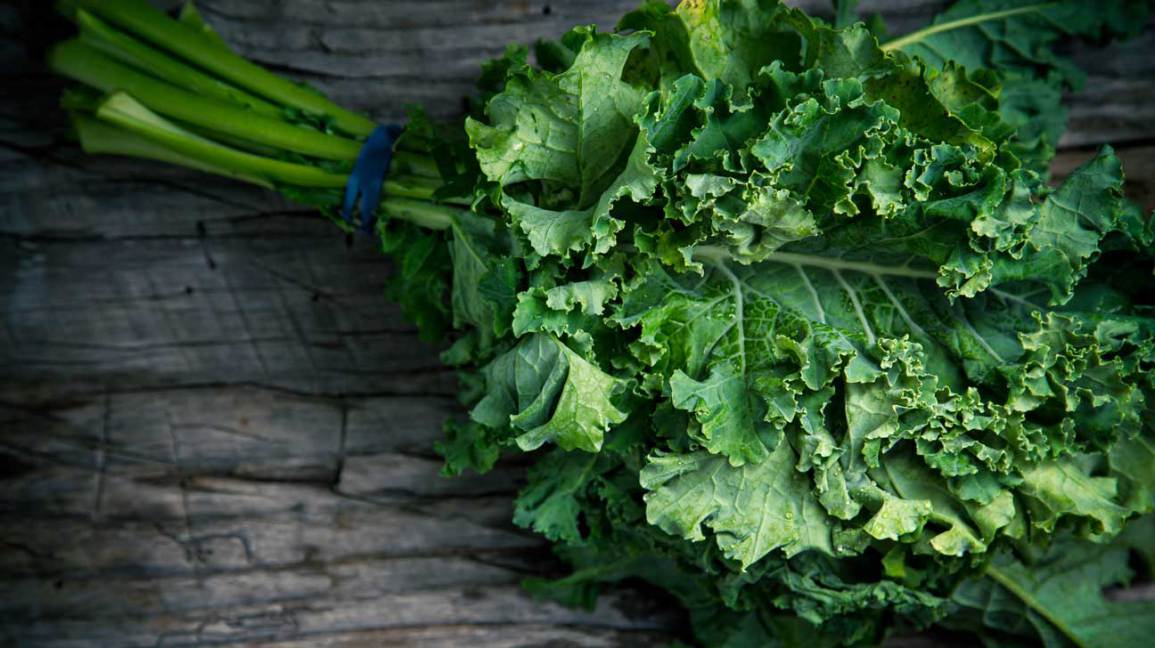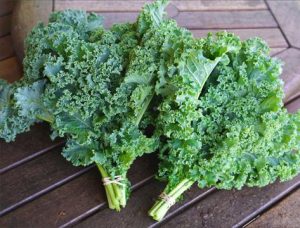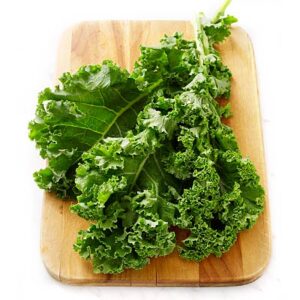
Kale Is Tagged As A ‘Super Food’ And These Health Benefits Will Tell You Why
- Olamide
- December 20, 2018
- Health
- Health Benefits of Kale, Kale, Kale Health Benefits For Women, Kale Health Benefits For Women |FabWoman, Kale Health Benefits Women
- 0 Comments

Heard of Kale? Kale or borecole is a vegetable with green or purple leaves, where the central leaves do not form a head.
This plant is part of the species Brassica oleracea and is grouped with a variety of other vegetables like broccoli, cauliflower, collard greens, and Brussels sprouts.
ALSO READ: Incorporate Rapeseed Oil Into Your Diet Now And Get These Amazing Benefits
Kale is loaded with all sorts of beneficial compounds, some of which have powerful medicinal properties, which is why many dietitians label this plant as a “super food”.
Here are the seven health benefits of kale.

1.Kale Is Great For Digestion
Kale is made from a fibrous material, and thus, like most leafy greens, it’s great for digestion and elimination. One big tip is to eat the stems, which contains a high-quantity of prebiotics, food for probiotics in your microbiome.
2.Prevents Cancer
Laboratory research suggests that indoles and isothiocyanates inhibit the development of cancer in several organs in rats and mice, including the bladder, breast, liver and stomach.
3.Kale Makes Your Bones Stronger
Calorie for calorie, kale contains more calcium than milk. Also, one cup of kale contains 550 micrograms of vitamin K, or 680 percent, of the daily recommended needs. Adequate vitamin K consumption acts as a modifier of bone matrix proteins, improves calcium absorption, preventing bone loss and osteoporosis.

4.Kale Improves Your Immune System
Vitamin C is a vital immune system booster. Although increased intake of vitamin C during sickness does not help the immune system, taking foods with vitamin C before you get sick helps the likelihood of getting sick. One cup of kale contains 134 percent of the recommended vitamin C needs.
5.Kale Helps Reduce The Risk Of Heart Disease
Kale is rich in potassium. Studies show that regular meals supplemented with kale juice improved the HDL- to LDL-cholesterol ratio and antioxidant systems, thus reducing the risk of coronary artery disease.
6.Kale Maintains Vision
Dark leafy greens like kale are rich in the carotenoid antioxidants lutein and zeaxanthin. These antioxidants form the yellow pigment in the eye and absorb blue wavelengths of light to protect the macula from damage. The macula is an oval-shaped pigmented area near the centre of the retina of the human eye that is responsible for visual acuity.
7.Treats Diabetes
The alpha-lipoic acid, found in kale, has shown to decrease neurological diseases in individuals with diabetes, reduce glucose levels, increase insulin sensitivity, and prevent oxidative stress-induced changes in cells.
Several studies have indicated that individuals with type 1 diabetes who consume high-fibre diets have lower blood glucose levels and type 2 diabetes may have improved blood sugar, lipids, and insulin levels.






